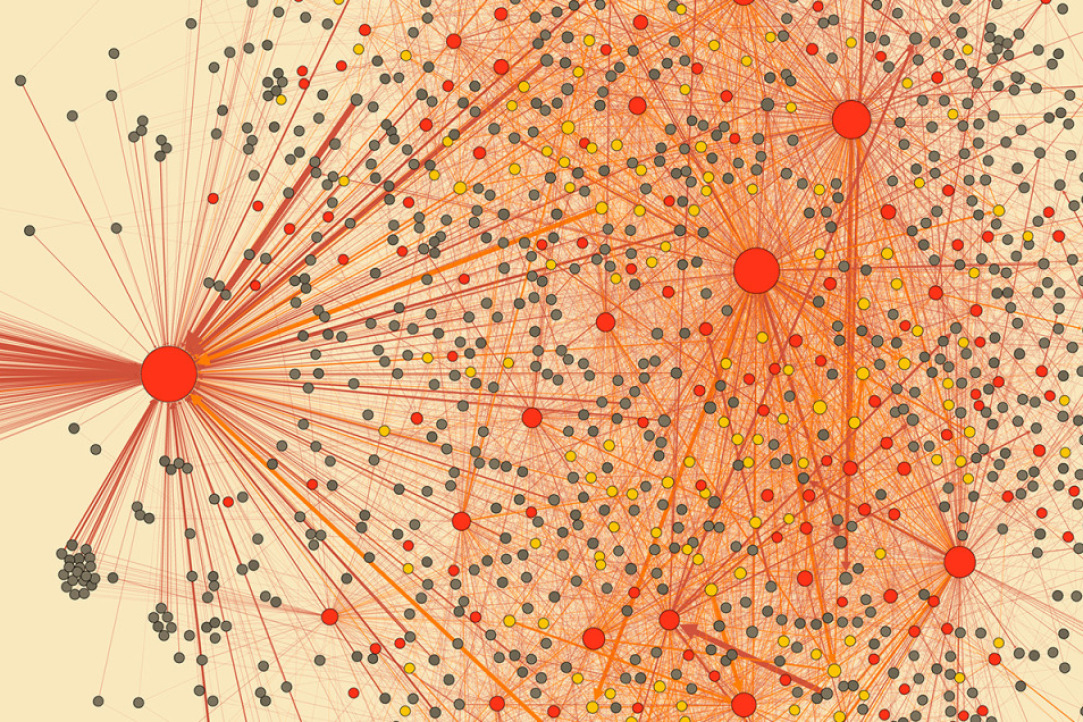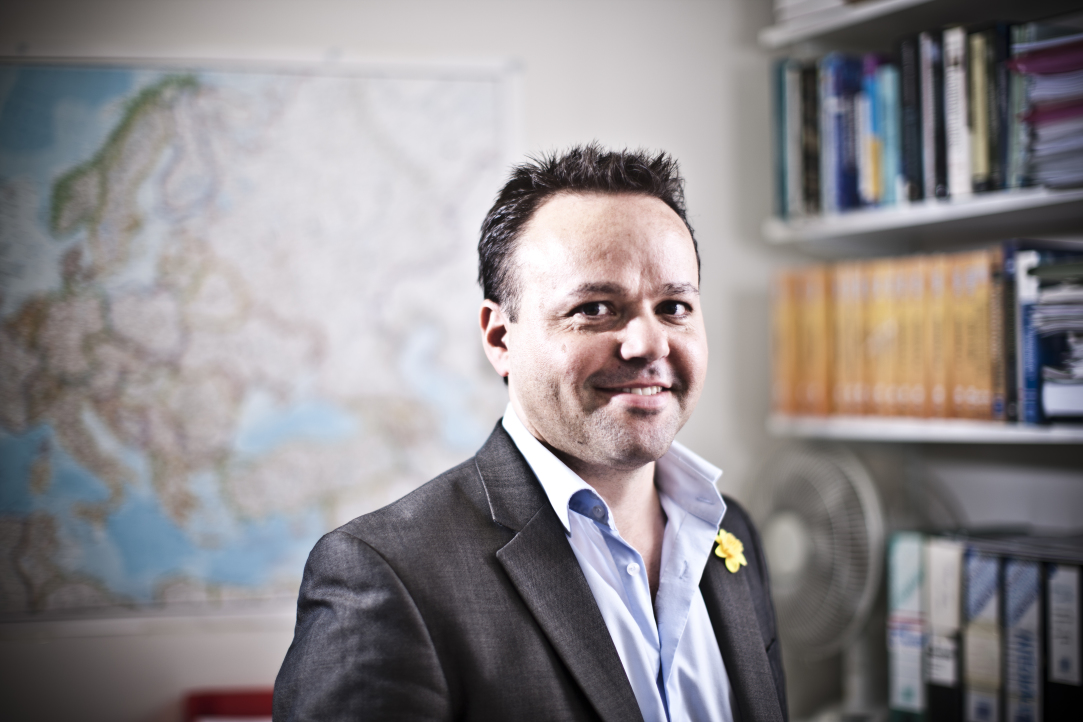Austin L. Wright from the Harris School of Public Policy at the University of Chicago flew to Moscow from Chicago to discuss ‘Civilian Abuse and Wartime Informing’ at the Political Economics workshop that was held at HSE on July, 20, 2017.
News



The latest issue of the Foresight Journal (vol. 11. No. 2), published as a special issue, looks at various aspects of integrating universities’ educational, research, and innovative activities in a ‘knowledge triangle.’ Experts from Austria, Indonesia, Iran, Russia, Sweden, and the UK, as well as representatives of the OECD had the opportunity to share their knowledge in this field.

Employees of the international convergence laboratory are working on an Atlas of Multilingualism of Daghestan. With support of the laboratory and the Collegium de Lyon a website was created recently, which can be used as a resource for the research of social and georgraphical particularities of multilingualism in Daghestan.
On June 29 – 30, 2017, an international Singapore Conference on Applied Psychology (SCAP2017) took place in Singapore. Psychologists from 14 countries took part in the event. A paper by Natalia Antonova, Associate Professor at HSE, and Vladislav Gorbov, HSE graduate, received the Best Paper Award.

